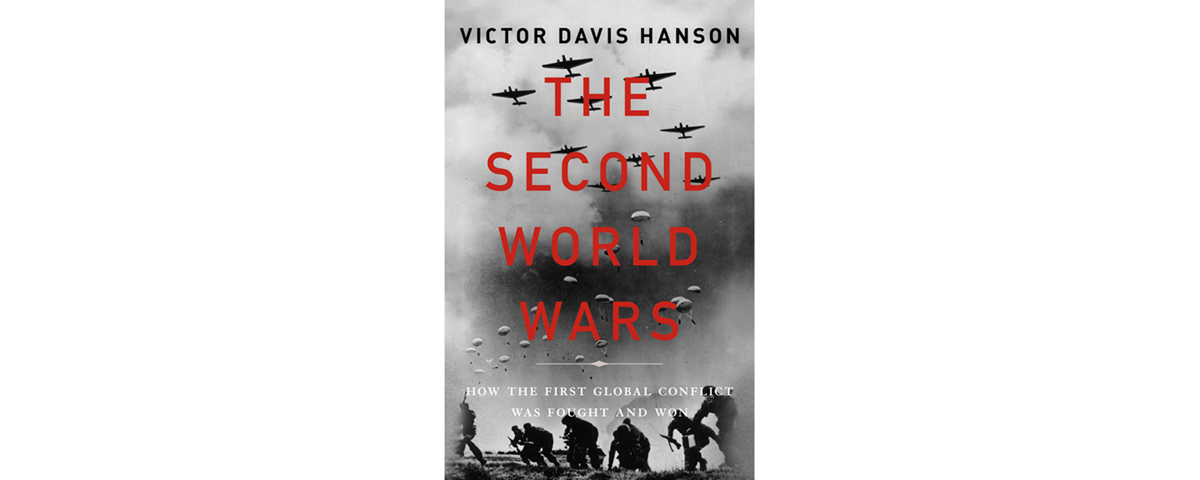The Second World Wars: How the First Global Conflict Was Fought and Won, by Victor Davis Hanson, Basic Books, New York, 2017, $35
Historians have analyzed and written about World War II in exhaustive detail since the last days of the war itself, all the while debating its root causes and exact starting date. In his latest work, noted military historian Victor Davis Hanson provides an utterly original account of what he terms the “first true global conflict.”
Some 60 million people perished during World War II. What began in 1939 as a classical European war had expanded by 1941 into a global conflict, which in turn morphed into total war. Hanson examines the land, sea and air battles across the theaters of war, but the book really shines in his chapters on ideas and people. Hanson argues that the Treaty of Versailles—whose reportedly harsh terms historians have long blamed for the rise of Adolf Hitler and subsequent outbreak of World War II—was not harsh enough. Indeed, it was mild in comparison to the terms Germany had imposed on France in 1871 and on the Soviet Union in 1918. Humiliating perhaps, but not emasculating. Through laxity on the part of the Allies, by 1936 Germany’s military had almost rebounded to full strength. The terms of the armistice had allowed the defeated but not deterred nation to act on its desire for Lebensraum (“living space”).
Hanson lays out the origins of the war—what prompted German aggression; why Great Britain and France initially sought to accommodate the Nazis through diplomacy and deterrence; and, finally, why the Allies ultimately abandoned diplomacy and chose to fight. He argues that World War II was a preventable conflict, that tens of millions of people need not have perished just to confirm the fascist powers were in fact far weaker than the United States, the Soviet Union and Great Britain—a conclusion he lays at the feet of “British appeasement, American isolationism and Russian collaboration.” No idealist, Hanson also acknowledges postwar calm will forever remain a temporary phenomenon. To quote General George Patton: “Nobody can prevent another war. There will be wars as long as our great-great-grandchildren live. The only thing we can do is to produce a longer peace phase between wars.” That is one of the few sentiments Hanson could not have expressed any better.





